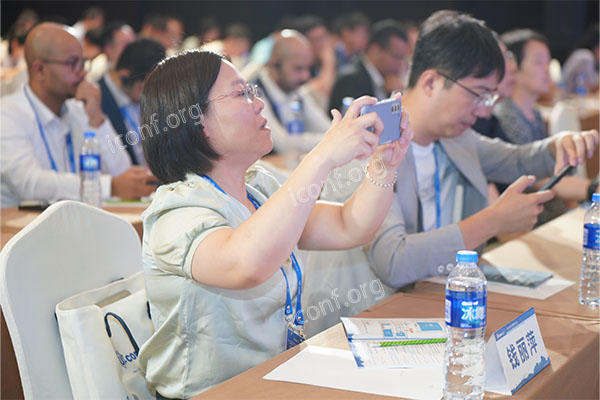Holding an academic conference has many purposes and important significance, mainly including the following points:
1. Academic exchange
Academic conferences provide a platform for scholars from different regions and different research fields to gather together to share and display their latest research results. This face-to-face communication opportunity promotes the collision of ideas and the dissemination of knowledge, and has a driving effect on the in-depth development of scientific research.
2. Network building
Participating in academic conferences can help scholars build and expand their professional and academic networks. By communicating with peers, scholars can find potential collaborators or mentors and learn the research directions and methods of other teams, which is very important for the research development of individuals and teams.
3. Understanding the latest progress
Academic conferences usually cover the latest progress and cutting-edge topics in a specific research field. Participants can learn about the latest research results and future research trends in the discipline through the conference, which is conducive to guiding their own research direction and strategy adjustment.
4. Academic cooperation opportunities
Academic conferences are not only a place to display research results, but also a good opportunity to find partners. Through discussion and communication, scholars can identify research fields with similar interests, thereby promoting interdisciplinary and even cross-border academic cooperation.
5. Capacity improvement
For young scholars and graduate students, academic conferences are a good opportunity to showcase research results, practice public speaking and academic report skills. In addition, participating in the organization and review of conferences is also an important way to improve personal professional skills.
6. Academic recognition and awards
Many conferences have best paper awards or other forms of academic awards, which are of great significance to increase the visibility of scholars and research results and gain recognition from the academic community.
7. Education and inspiration
Academic conferences usually include various forms such as special lectures and seminars. These activities not only help scholars acquire new knowledge, but also provide students and young researchers with opportunities to learn and be inspired.
In summary, holding academic conferences is one of the effective ways to promote academic research, promote exchanges among scholars, build professional networks, and enhance individual and team research capabilities.
